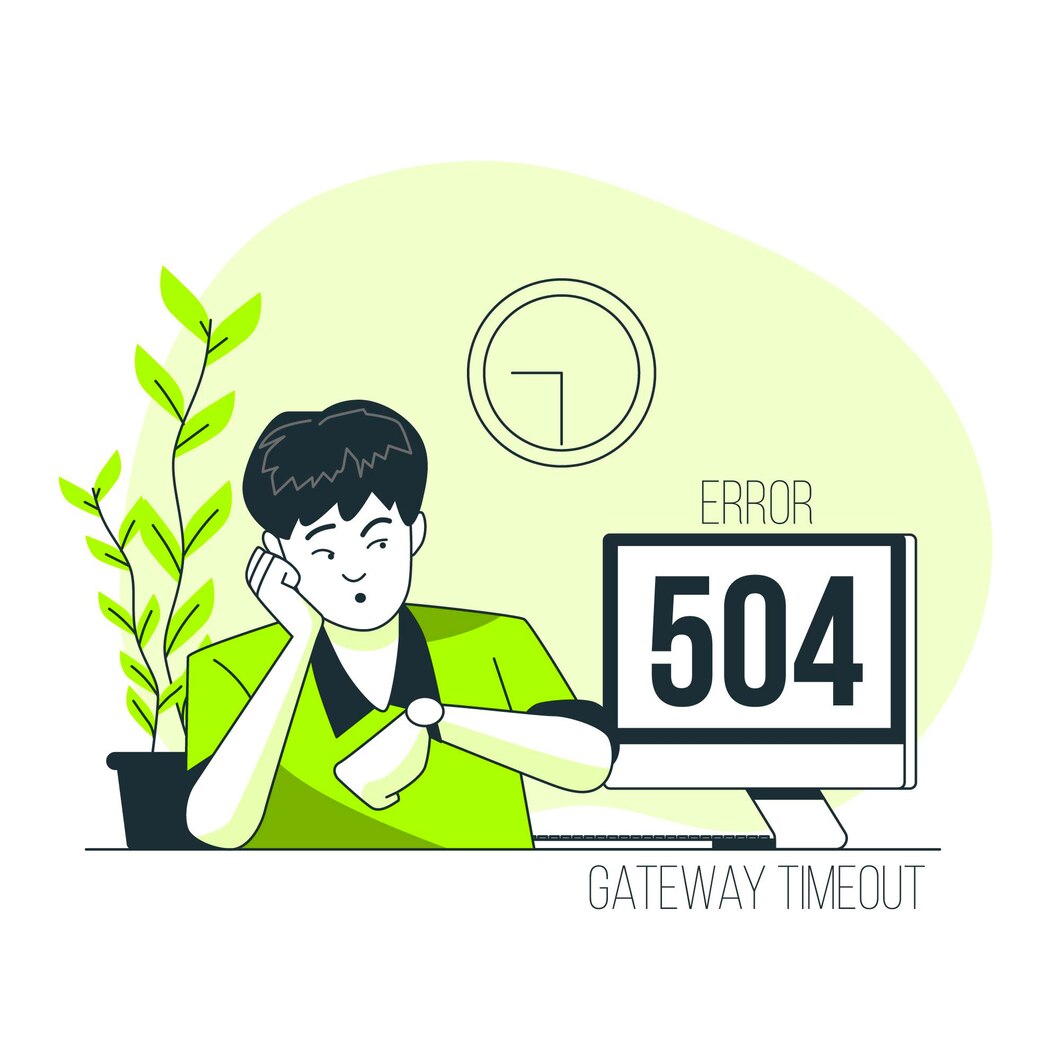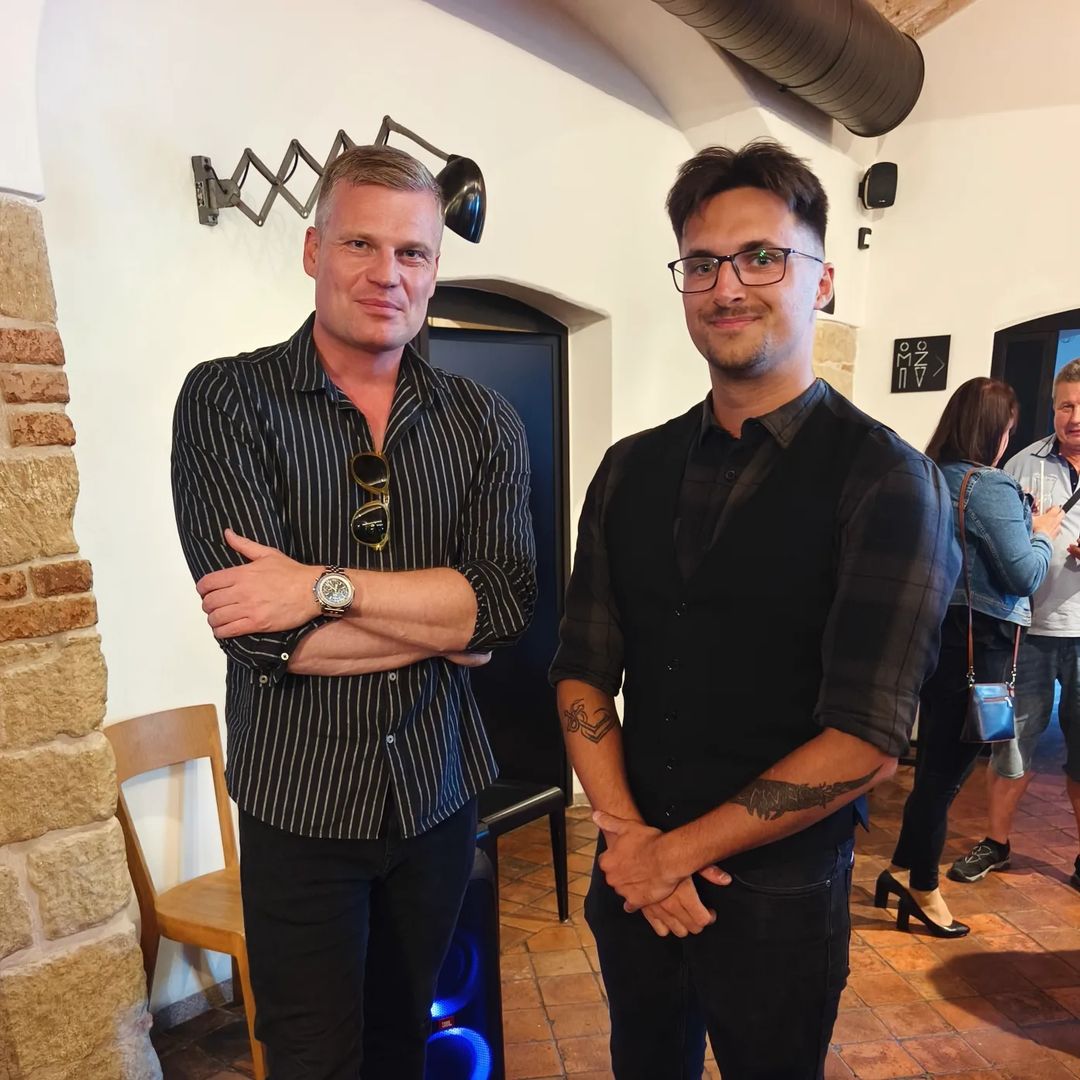Time—it’s the constant drumbeat of our lives, yet it has this uncanny ability to feel entirely different depending on our state of mind. Waiting for a specific time, like 3:45, can feel like watching paint dry or, alternatively, like an express train hurtling toward a station if we’re running behind schedule. So, why do we get so fixated on moments like these? And how can we make the wait worthwhile? Let’s dive deep into the essence of tracking time, the tricks our mind plays, and how to navigate those minutes productively.
The Psychology Behind Waiting for Time
Why does waiting for a specific moment, like 3:45, feel so agonizingly slow? It all boils down to our perception of time. Psychologists explain that time seems to stretch when we focus on it too intensely. This phenomenon is often referred to as the “stopped clock illusion.” The more we watch the minutes tick by, the more aware we are of every passing second.
Think about the last time you eagerly awaited an event at a particular time—maybe a meeting, a friend’s visit, or even the end of your work shift. If you were sitting idle, the minutes probably crawled. On the flip side, if you were engrossed in something else, like tackling a work project or chatting with a friend, 3:45 likely arrived before you realized it. Our perception of time is shaped by activity. When you’re busy, the brain is too distracted to process every second, making time fly by.
How to Calculate the Minutes Until 3:45
Let’s get practical for a moment. If you’re staring at the clock and wondering how many more minutes until 3:45, it’s simple math. Subtract the current time from 3:45, converting hours into minutes when necessary. For example:
- If it’s 3:00 PM, then you have exactly 45 minutes to go.
- If it’s 2:30 PM, then it’s 75 minutes until 3:45.
- If it’s 3:30 PM, you’re in the home stretch—just 15 minutes left.
But here’s where things get tricky. Focusing too much on these calculations can amplify the wait. Instead, use the time to your advantage (more on this later).
Why Does Time Feel Faster When You’re Busy?
Ever heard the phrase “time flies when you’re having fun”? This isn’t just a saying—it’s backed by science. When you’re deeply engaged in an activity, your brain is too preoccupied to notice the passage of time. Essentially, your mental clock speeds up.
Conversely, boredom has the opposite effect. When there’s nothing to occupy your mind, your brain pays close attention to every passing moment, making time drag on endlessly. This is why a dull meeting can feel longer than it actually is, while an exciting conversation can make an entire hour disappear in the blink of an eye.
The key takeaway? The way we perceive time depends largely on what we’re doing during those moments.
Making the Most of Your Time
Waiting for 3:45 doesn’t have to be an exercise in frustration. Instead of fixating on the clock, why not use the minutes productively? Here are some ideas:
- Complete Quick Tasks: Those small, nagging chores you’ve been putting off? Now’s the time to tackle them. Send that email, straighten up your workspace, or jot down a grocery list.
- Take a Breather: Use the waiting period as a moment of mindfulness. Close your eyes, take deep breaths, and let your mind wander. Sometimes, doing nothing is the most rejuvenating activity of all.
- Prepare for What’s Next: If 3:45 marks the beginning of something important—a meeting, a phone call, or a deadline—get everything in place beforehand. Preparation eliminates last-minute stress.
By shifting your focus away from the clock, you’ll find that the time passes much more quickly.
The Importance of Punctuality
Why do we place so much emphasis on punctuality? It’s not just about being on time—it’s about showing respect. Respect for the people you’re meeting, respect for their time, and respect for your commitments. Waiting for 3:45 might feel tedious, but arriving late to whatever event you’re waiting for would likely feel much worse.
Being punctual sends a message. It says, “I value this moment and the people involved.” It also gives you a sense of control over your schedule, reducing stress and ensuring you’re always prepared.
Time as a Valuable Resource
In the grand scheme of things, time is one of the most precious resources we have. We can’t create more of it, and once it’s gone, it’s gone forever. This is why it’s so crucial to make the most of every minute—even the ones spent waiting for 3:45.
Instead of viewing those moments as wasted, see them as opportunities. Use them to reflect, relax, or prepare for what’s ahead. By changing your perspective, you’ll find that even the act of waiting can be meaningful.
Conclusion
So, how many more minutes until 3:45 today? The answer depends entirely on when you’re reading this. But the real question is, how will you use the time between now and then? Whether it’s 15 minutes or two hours, each moment presents an opportunity to engage, reflect, or simply breathe.
Time is relentless—it moves forward no matter what. But how we perceive it and what we do with it is entirely within our control. The next time you catch yourself watching the clock, remember: the journey to 3:45 can be just as meaningful as the moment itself.



